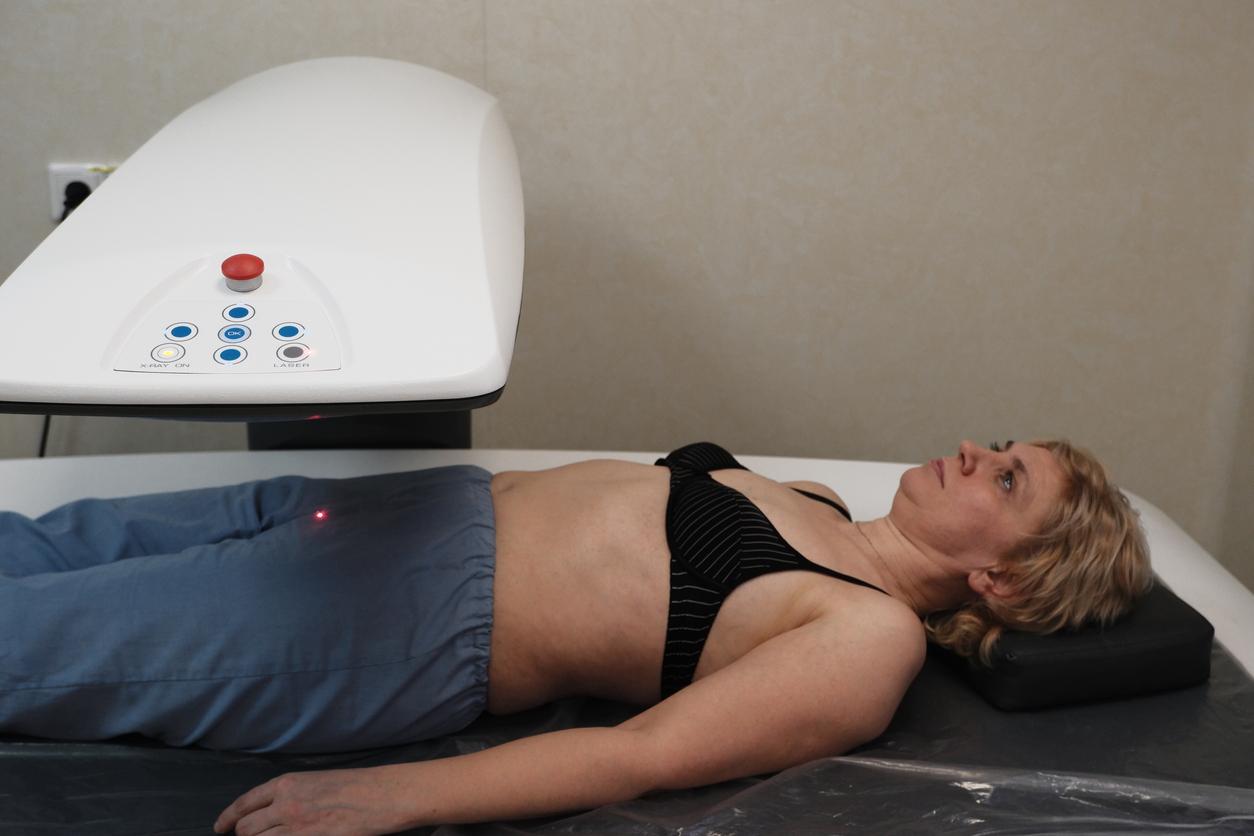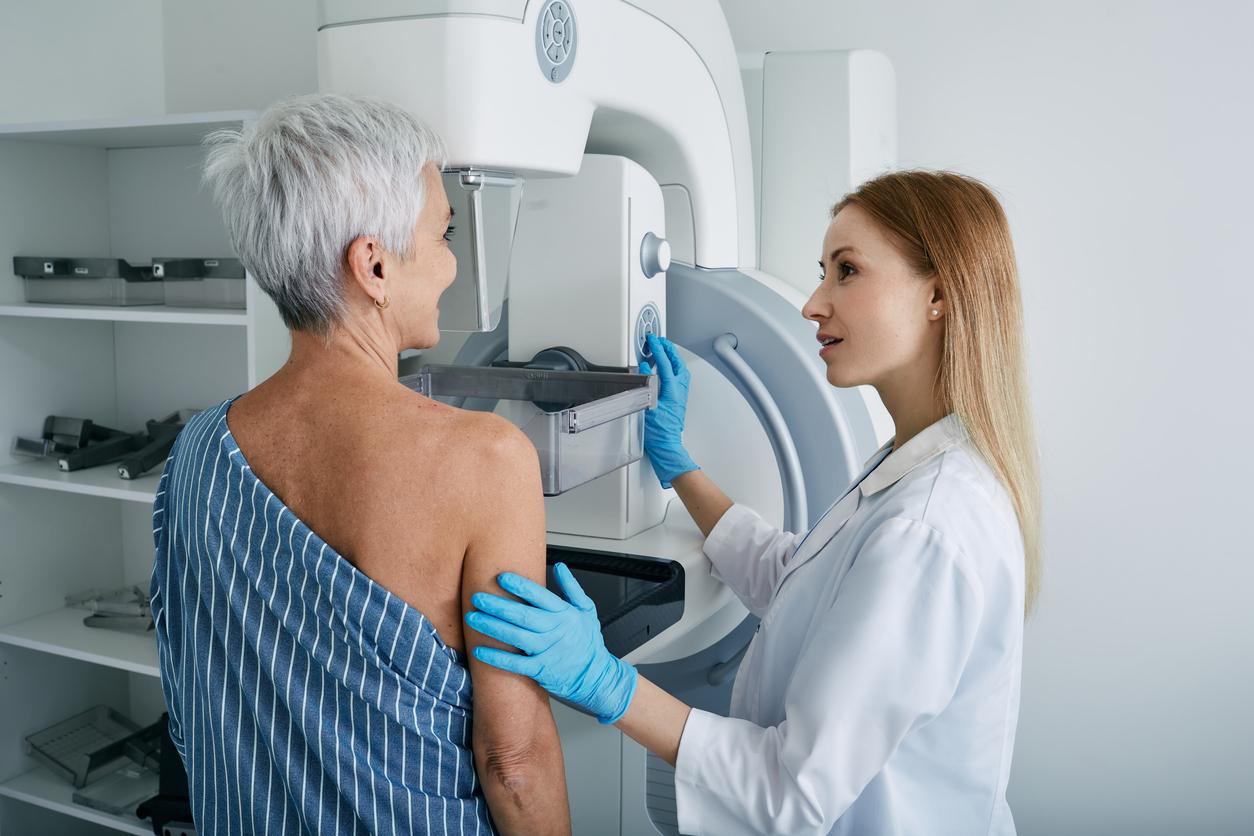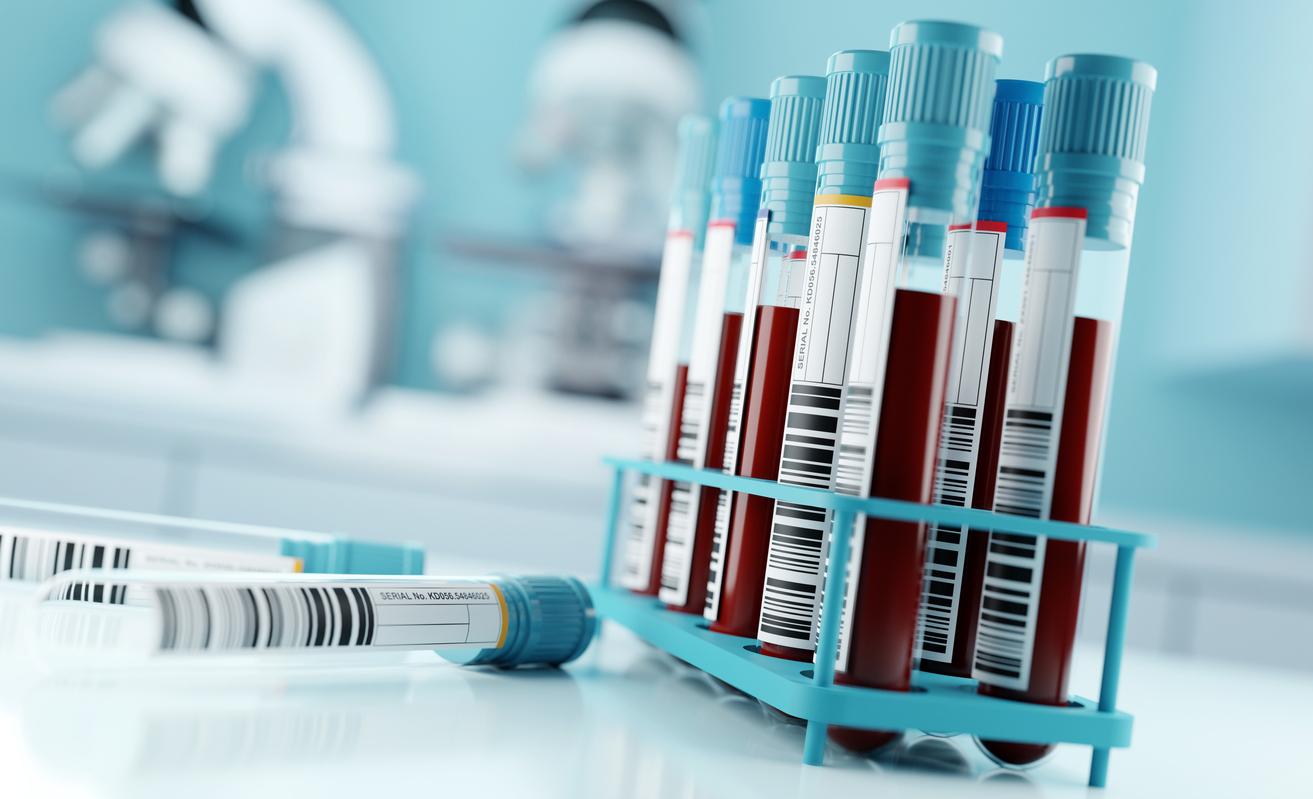A simple urine test could be enough to detect signs of certain diseases well before symptoms appear, according to a team of researchers.

- Researchers are working on early detection of diseases of the genitourinary system using a simple urine analysis. Currently, biopsy remains the standard method for detecting disorders like prostate cancer, but its invasive nature can be discouraging.
- The study showed that analysis of RNA in urine reveals cellular changes indicating the presence of diseases, even at an early stage.
- This non-invasive method could, ultimately, replace biopsies by detecting pathologies such as kidney stones, diabetes, and certain cancers using a “liquid biopsy”.
Detecting diseases early, particularly cancer, remains one of the major challenges in public health. Yet many people do not have easy access to screening tools, particularly for disorders of the genitourinary system, which includes the kidneys, prostate and bladder. But a new scientific advance could well change the situation: a simple urine test could be enough to spot signs of disease well before symptoms appear, according to a study published in the journal Clinical Chemistry.
Analyzing urine to detect certain diseases early
By analyzing RNA and other substances found in urine, researchers at several US universities have discovered that it is possible to identify subtle changes in cell types, revealing early signs of cancer and disease. other diseases. This method could make it possible to diagnose potential disorders more quickly – and without going through invasive procedures.
“Today, standard screening for many urologic diseases relies on biopsy, a procedure that can be intimidating for patients, explains Professor Joseph Buonomo, who participated in the work, in a press release. Our research shows that studying RNA in urine can detect certain health problems in their early stages, where they are easier and less expensive to treat.”
To reach this conclusion, the researchers analyzed urine samples from two groups: healthy individuals and others suffering from kidney stones. They compared two types of RNA present in urine: free RNA, which floats in the liquid, and sedimentary RNA, associated with solid particles. By sequencing and analyzing these RNAs, the researchers observed significant differences between samples from healthy people and those from patients with kidney stones.
Develop simpler and more accessible screening tools
“Although our study relies on a limited sample, it paves the way for the development of a kind of ‘non-invasive liquid biopsy,’ which could track the progression of diseases like kidney stones, diabetes, and even certain cancers.”affirms Joseph Buonomo.
The team of researchers now plans to use machine learning techniques to further refine the detectable differences between the RNA and protein signatures of healthy individuals and those with diseases. This advance could make it possible to develop simpler and more accessible screening tools for pathologies such as prostate or bladder disorders.

















